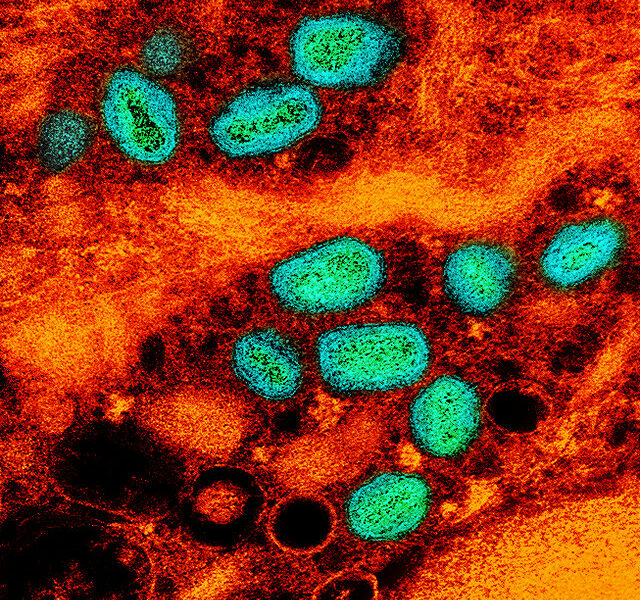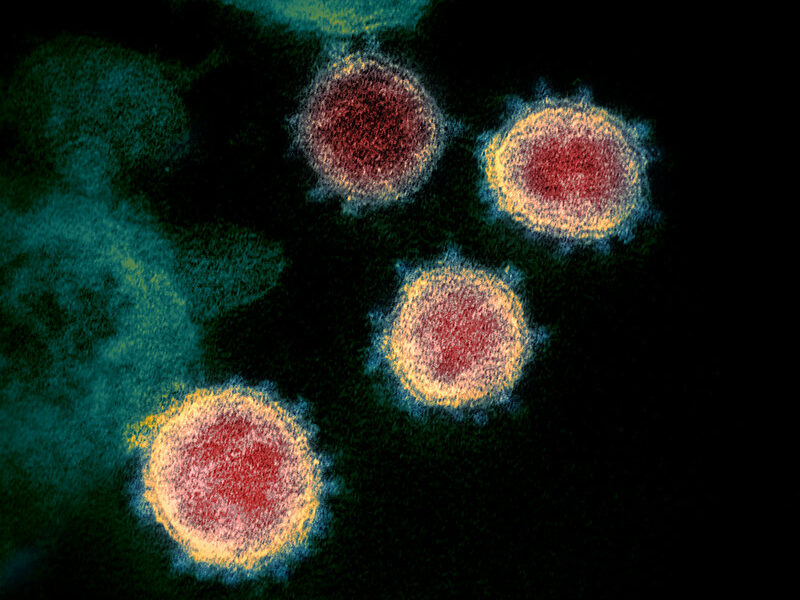In the past week, shigellosis outbreaks have been reported in South Carolina, Georgia and New York. More than 80 people were infected at Honea Path Elementary School in South Carolina. At least four children were hospitalized. In Georgia, Worth County's schools were closed for disinfection after 260 suspected cases spread throughout the community. Yesterday, the New York City Department of Health and Mental Hygiene reported an 11-fold increase in shigellosis cases in the Orthodox Jewish communities of Boro Park & Williamsburg, with 45 cases in the past two month alone.
The group of bacteria named Shigella can cause fever, nausea, and bloody diarrhea one to two days after exposure. There are four subgroups of Shigella. The most common two in the United States, the sonnei and flexneri serogroups, do not typically cause severe illness. Antibiotics are normally not recommended because most people recover fairly quickly and because antibiotic resistant Shigella infections are a growing problem. Anti-diarrhea medications are not used to treat Shigella; they can actually make the illness worse. The dysenteriae serogroup can cause deadly outbreaks and is extremely rare in the United State. Shigella is responsible for 120 million cases of severe dysentery world wide each year.
Shigellosis follows a fecal-oral transmission, with people often being infected by touching their mouths after touching a contaminated object. As few as ten bacteria are enough to cause infection. Thorough hand washing is the best defense against Shigella infection. No vaccine is currently available.

